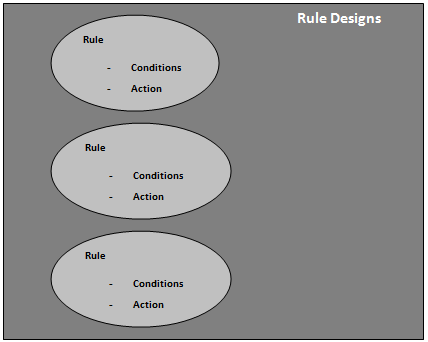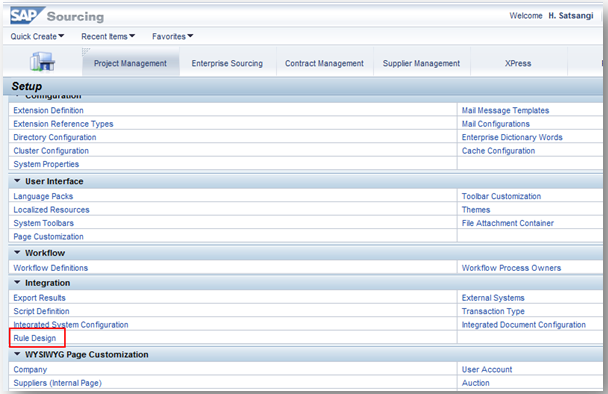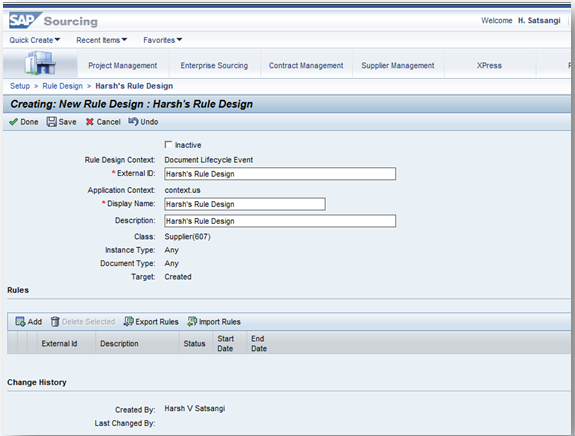Business rules are very important in automating business processes and making them efficient. Business rules are required to do validation of certain processes that may be defined by the customer over and above out-of-the-box validations. The ability to define business rules by the customers adds tremendous value to the solution, especially when it is provided as an on-demand offering. In the SAP Sourcing platform, the business rules may be defined by leveraging Bean Shell scripting. This scripting is available with a significant amount of flexibility.
In the on-premise single-tenant environment world, consultants can define business rules for the customer by writing custom logic for them. In the case of on demand, the solution has to offer the capability of defining business rules in a much simpler manner by a business/end user. The business rule definition should hide technical aspects and should be more business-user specific. Moreover, it is important to remove the possibility of writing technical scripts in the multi-tenant deployment, as it may defy the principles of security. The idea of this requirement is to leverage the scripting capability and to provide an abstraction over the scripting functionality, which should enable business users to also define the business rules.

The Business Rule Designer leverages the script definition capability of the SAP Sourcing platform. There are various contexts in which scripts can be built, e.g., document life cycle, toolbar, etc. The platform uses the existing contexts and enables application developers and end users to define the rules in the form of scripts that get attached to the business object.

The Business Rule Designer is available in SAP Sourcing OnDemand Wave 7. It is an administrator or power user function that is useful in extending business logic for extension fields. Note that existing scripts will continue to exist and cannot be modified by the Business Rule Designer. The Business Rule Designer can be used for simple script generation and doesn’t support collections or object references.
Terminology
Rule Design
The Business Rule Designer defines a group of rules. They are identified with a unique combination of Object Class and DLC event, in the case of a DLC script context rule, or a Toolbar ID, in the case of a toolbar script context rule.
Rule
Rule is a business entity that contains the business condition for Evaluation and Actions to be triggered if the evaluations are satisfied. The rules can be active or draft and they are time dependent. Rules can also be copied used as samples.
Condition
Business conditions are the evaluation criteria. They normally appear as IF/ENDIF on the rule details.
Action
Events like set; change of attribute, etc., on the object.

Setup


Rule Design List View

Wizard: Rule Design Create and Rule Design


Rule

Rule Design Contexts
• Document Life Cycle Event
The DLC Event indicates that the rules within this rule design can be triggered on one of the life cycle events of the document, such as Created, Saved, Validated, etc.
• Field Validation
This context is specific to the validation event for a particular field.
• Toolbar
This Context of rule design creates a custom toolbar for executing the rule,
• Field Data Edit
This context enables the rule to be triggered on the edit/change.
• Import Lifecycle Event
This context triggers the rule at the time of import of data using the standard importer functionality of SAP Sourcing.
Standard Functions Supported

